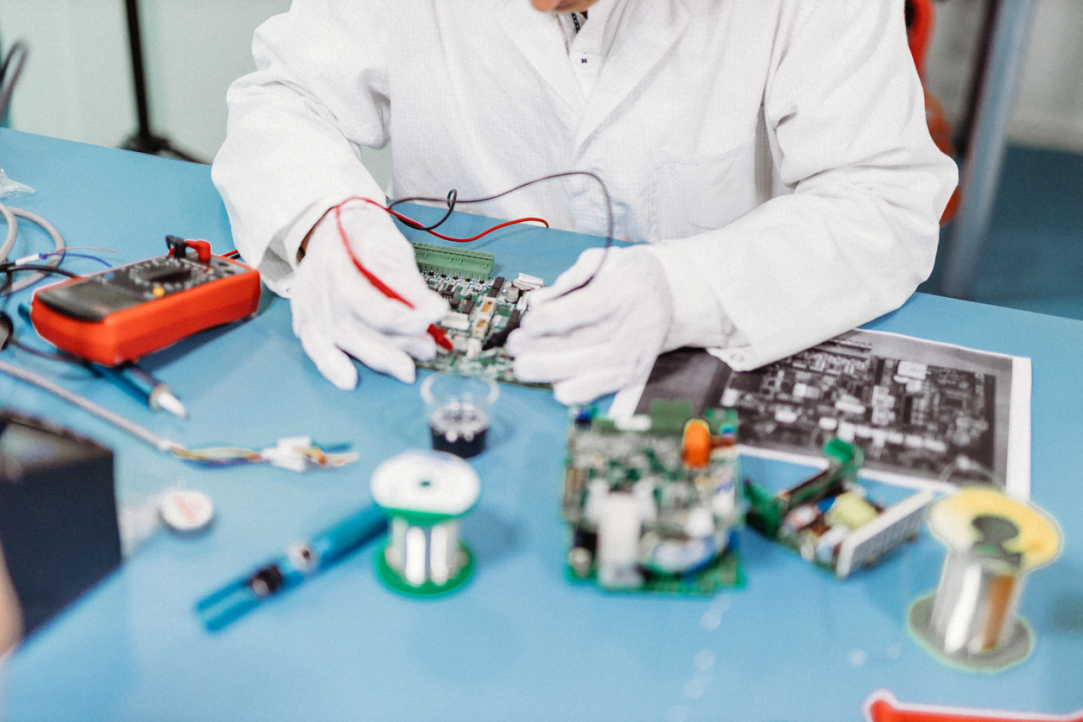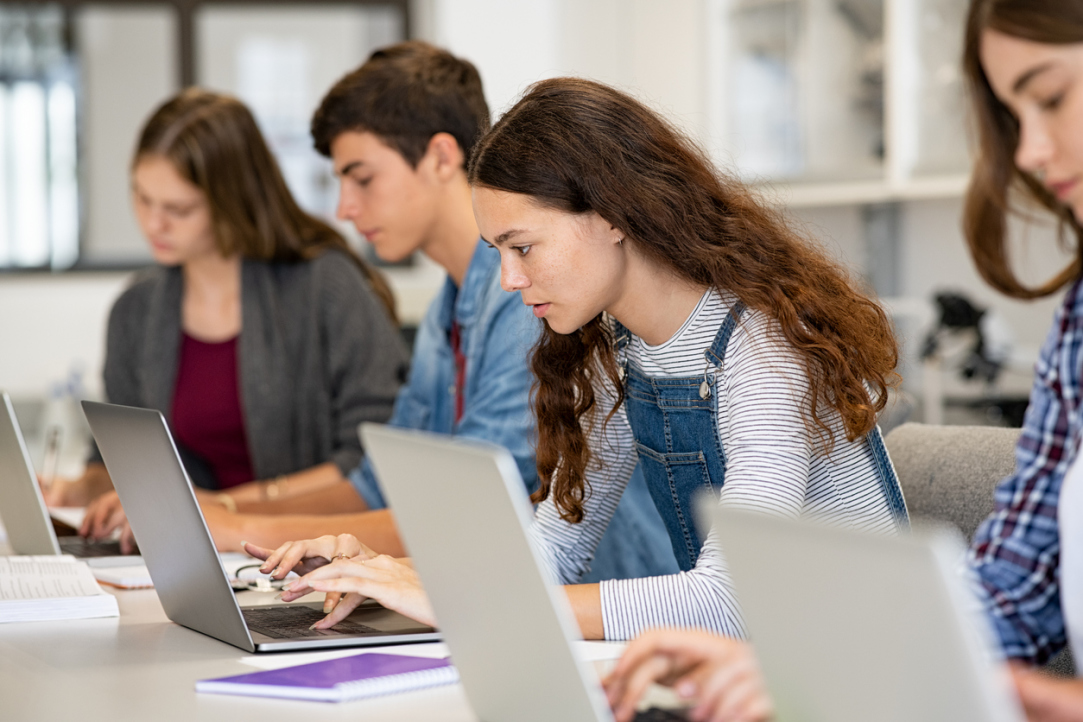
About Half of Russian Employees Consider Themselves Overqualified
About half of all Russian employees consider themselves overqualified for their current job. This perception affects their level of job satisfaction and leads them on a search for more suitable employment.

HSE University Assesses the Impact of Global Trends on Russian Education
Russian respondents positively assessed trends of co-authorship between students and teachers in the learning and teaching process, the need to ensure equal access to education for all categories of the population, and the trend towards ‘humanising’ education.

Chemists Suggest Using Polymeric Ionic Liquids in Supercapacitors
A team of researchers from HSE MIEM joined colleagues from the Institute of Non-Classical Chemistry in Leipzig to develop a theoretical model of a polymeric ionic liquid on a charged conductive electrode. They used approaches from polymer physics and theoretical electrochemistry to demonstrate the difference in the behaviour of electrical differential capacitance of polymeric and ordinary ionic liquids for the first time. The results of the study were published in Physical Chemistry Chemical Physics.

A Paucity of Publishing: Why University Professors Find It Difficult to Do Very Much Research
There are usually three main parts to working at a university: teaching, research, and administrative tasks. However, professors at Russian universities are still mostly occupied with the demands of a very heavy teaching load. As HSE International Laboratory for Institutional Analysis of Economic Reforms Senior Researcher Ilya Prakhov discovered, even at leading universities with a focus on science, professors spend 2.5 times more time on classroom work than on research. Given this situation, is it possible to advance research at universities?

Researchers Teach Algorithm to Predict Success in Effortful Tasks
Researchers from HSE University and Skolkovo Institute of Science and Technology have developed machine learning models that can predict success in visual tasks of mental attention using reaction time and eye movement. The paper ‘A machine learning investigation of factors that contribute to predicting cognitive performance: Difficulty level, reaction time and eye-movements’ was published in Decision Support Systems.

HSE University Project Wins Russian-Indian Grant by RSF
The research community gave a highly positive assessment of a joint application by researchers from HSE University and their Indian colleagues in affine algebraic geometry, particularly the problems of cancellation. The head of the project on the Russian side is HSE FCS Dean Ivan Arzhantsev; on the Indian side, the project is led by renowned mathematician Neena Gupta.

Stress Disorders More Prevalent among Doctors due to the Pandemic
Psychologists from HSE University have joined their peers from Ekaterinburg to look into the impact of the pandemic on the mental health of Russian doctors. They found that medical staff are suffering from stress, anxiety, and depression more often than before. The results of the study were published in International Journal of Environmental Research and Public Health.

HSE University Researchers Discover What Happens on the Bright Side of the Moon
Researchers from HSE University have developed a mathematical model that explains the levitation of charged dust particles over the sunlit lunar surface for almost any latitude. For the first time, the model takes into account the Earth’s magnetotail—a particular area around our planet. The research data is important for planning the Luna-25 and Luna-27 space missions. The study was published in Physics of Plasmas.

Family, Bosses, Isolation: HSE Researchers Uncover Causes and Impact of Stress in Employees Working from Home
In Russia, employers do not bear responsibility for the psychosocial risks faced by employees working from home. That is why remote employment needs additional legal regulation. These were the conclusions made by the HSE Faculty of Law project group ‘Regulatory framework to prevent remote work-related psychosocial risks’, which was created at the initiative of the HSE Institute of National and Comparative Legal Studies.

Unlike Female CEOs in Europe, Women Executives in Russia Are As Likely to Pursue Innovation As Their Male Colleagues
Gender, alongside other characteristics, seems to have a different effect on CEO risk-taking practices in Russia and in Western Europe. Female executives in Russia are at least as likely as men — and in some areas even more likely — to engage in new R&D or to launch new products on the market.

